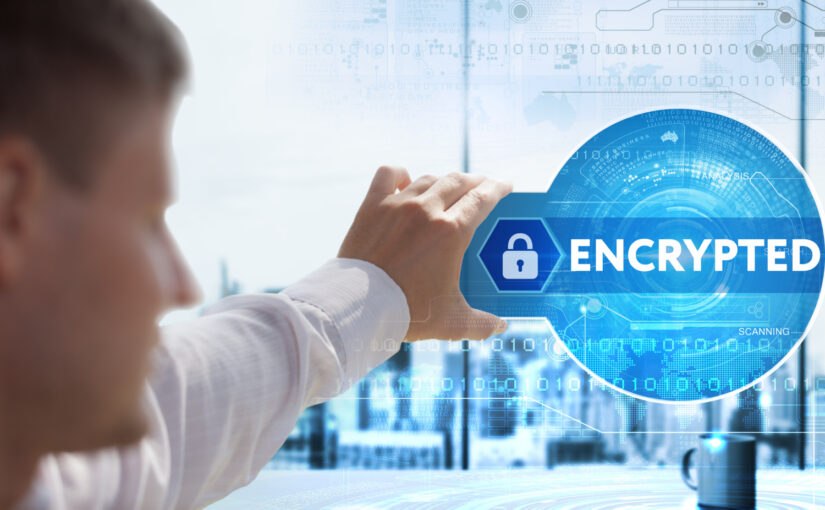In today’s world and advancement in the use of technology over the past decade, there’s an ever-growing potential for escalation of hackings, and security breaches in our private data are pervasive. To protect technology (and ourselves) now, more than ever before, encryption has a stronghold key towards our security online.
There has been quite a debate recently regarding Internet regulation pertaining to access to data. However let’s not digress here, that is another story for another day, as they say really.
The Need For Encryption
Bottom line: We want and need encryption, and if you read our previous article associated with using iStratus’s “Password Vault” you’ll understand why we apply encryption every day to ensure your personal data doesn’t land in the wrong hands.
In this article, we’ll address the encryption script and why it is central to the security we offer you when using iStratus. Needless to say, but we’ll say it repeatedly anyway because we want you to feel assured: The safety of your data is paramount to us!
The Encryption Script
Encryption is exactly that – cryptic. It transforms data into an ambiguous message to prevent unauthorized access to your information within our app. Many technologies use this approach from emails to bank details, by keeping communication secure between the parties involved.
Within iStratus, our security is military grade. So any information used within the “vault or cloud” becomes ‘scrambled’ when any information is sent from one recipient to another. A lengthy code turns information unreadable for anybody else that may attempt to access it.
When the data stored and sent is encrypted, the user or the sender and the receiver are the only people that can decrypt the scramble. Simply put encryption is like translating your information into a foreign language only you or an intended recipient understands, and most importantly, vernacular cybercriminals cannot translate.
When implemented effectively, encrypted data potentially ensures hackers would require hundreds of years to crack the codes applying repeatedly brute force cyber attacks, upon the complex mathematical algorithms and long numerical sequences that are arduous to decrypt, using software that scans through billions of combinations.
Of course as just as there are different types of technology, there are different types of encryption, each with varying levels of effectiveness.
This process is essential measured in “bits”. We’re not going to get into all of that technical jargon here, as that involves numerous pages and lots of numbers. However in simple terms of the theory: The higher the number of “bits” involved in encryption, the harder it is – a general rule – for a hacker to crack the code. We’ll say it again, iStratus uses Military Grade encryption, so yes, we’re sure – you get the message on that.
Keeping Things Locked for Security.
End-to-end encryption is imperative because it provides of course provides security for files, data being sent moment to moment and it is scrambled until it is accessed by the user on “password” or it is something received by an intended recipient. This also ensures that no third party or hacker can read the exchanged information.
Services like Gmail or Microsoft for example, enable the provider to access the content of users’ data on its servers because they possess copies to the decryption keys. With the terms and conditions, we essentially grant permission to read emails and files. In Google’s aka Gmail’s past, it’s these keys that have allowed them to share information and this is why we often receive targeted advertisements.
On the contrary, well-constructed end-to-end encrypted systems, such as iStratus, means that providers never have to access to the decryption keys.
Advantages of End-To-End Encryption
The National Security Agency (NSA) recently issued revised guidelines (2020) for using certain collaboration services during the Covid-19 Pandemic.
Leading Number One on the NSA’s list of Criteria was the recommendation to employ end-to-end encryption, to reduce the risk exposure of confidentially sensitive data and becoming harder targets for a “cyber invasion.”
So in summary encryption:
Safeguards your confidential data against hackings: With end-to-end encryption, the service user is the only one who has the private key to unlock their data. The information these web servers store cannot be read by hackers because the private keys are required to decrypt it.
Protects your privacy: If data features decryption on these servers, then obviously your privacy is also protected.
Safeguards Administrators too: With no holds on the decryption keys to the data, any attempted attack that could potentially target admins like iStratus will come up short.
Today, it is no surprise that hundreds of defense companies and businesses rely on this approach to protect user’s most sensitive data. At iStratus, the end-to-end encryption approach is at the core of how we protect you best. Stay safe always.
